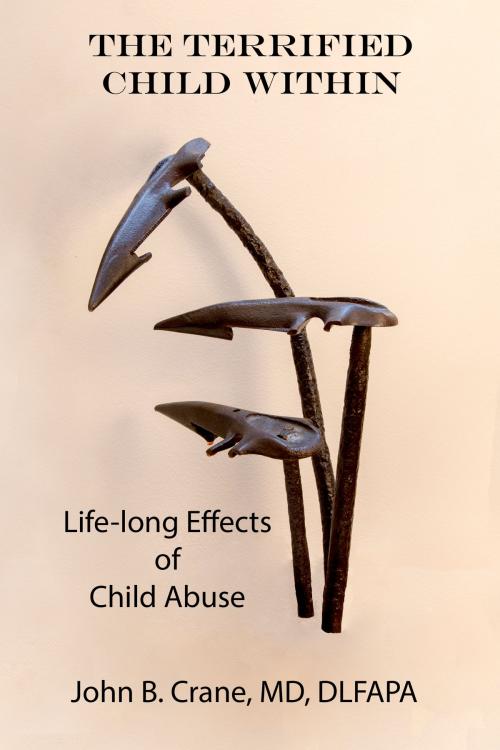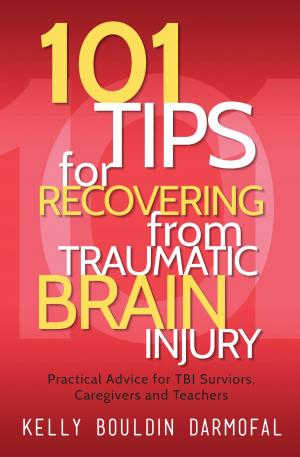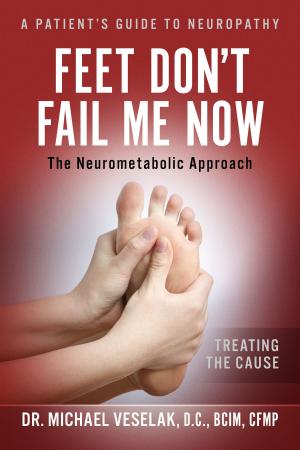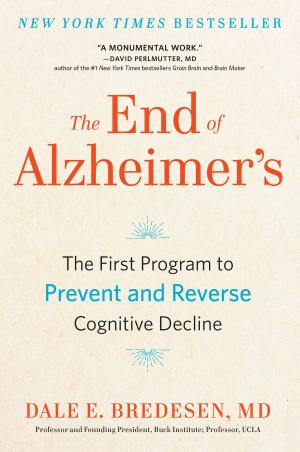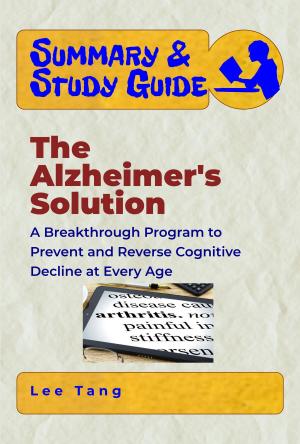The Terrified Child Within
Nonfiction, Health & Well Being, Health, Ailments & Diseases, Nervous System & the Brain| Author: | John Crane, MD | ISBN: | 9781370950911 |
| Publisher: | John Crane, MD | Publication: | February 5, 2017 |
| Imprint: | Smashwords Edition | Language: | English |
| Author: | John Crane, MD |
| ISBN: | 9781370950911 |
| Publisher: | John Crane, MD |
| Publication: | February 5, 2017 |
| Imprint: | Smashwords Edition |
| Language: | English |
"The Terrified Child Within" introduces a new term in psychiatric disorders, Pathological Dependency. Emotional dependency generally refers to a condition in which an individual is strongly attached, emotionally, to another person; this may develop in several ways, and is usually not disabling, Pathological Dependency is something else entirely: "Dependency on Steroids." It is manifested most commonly by the abused (usually women) clinging to abusive men. When asked "why", the answer as usually some variant of, "I love him." The men who hold these women emotional hostages have their own reasons: they have found someone who will accept their rage and abuse and not leave them. Indeed, he is usually the one who abandons the relationship. Almost invariably, the reason for this entanglement is found in a childhood rife with abuse of all types: physical, emotional, sexual, neglect and even abandonment. These terrified children are convinced they're doing something "wrong" and if they only tried hard enough they would be loved. Many will spend their lives trying, moving from one search to another, and if they're fortunate, they may find someone who can teach them that their "love" isn't love at all.
.
"The Terrified Child Within" introduces a new term in psychiatric disorders, Pathological Dependency. Emotional dependency generally refers to a condition in which an individual is strongly attached, emotionally, to another person; this may develop in several ways, and is usually not disabling, Pathological Dependency is something else entirely: "Dependency on Steroids." It is manifested most commonly by the abused (usually women) clinging to abusive men. When asked "why", the answer as usually some variant of, "I love him." The men who hold these women emotional hostages have their own reasons: they have found someone who will accept their rage and abuse and not leave them. Indeed, he is usually the one who abandons the relationship. Almost invariably, the reason for this entanglement is found in a childhood rife with abuse of all types: physical, emotional, sexual, neglect and even abandonment. These terrified children are convinced they're doing something "wrong" and if they only tried hard enough they would be loved. Many will spend their lives trying, moving from one search to another, and if they're fortunate, they may find someone who can teach them that their "love" isn't love at all.
.
